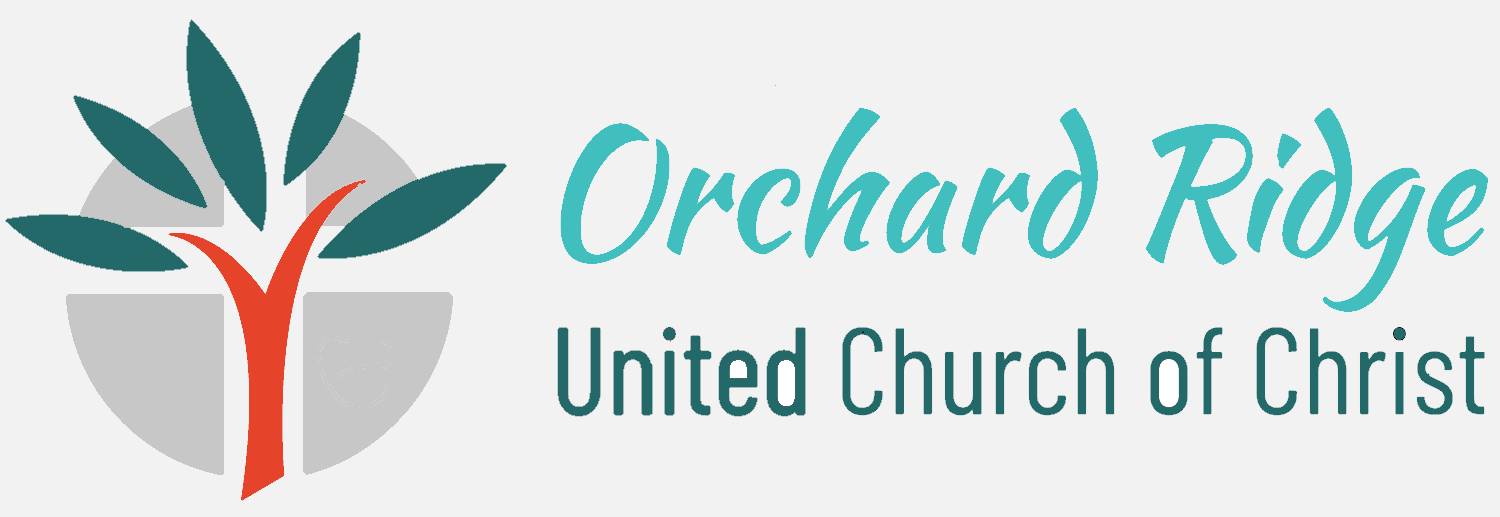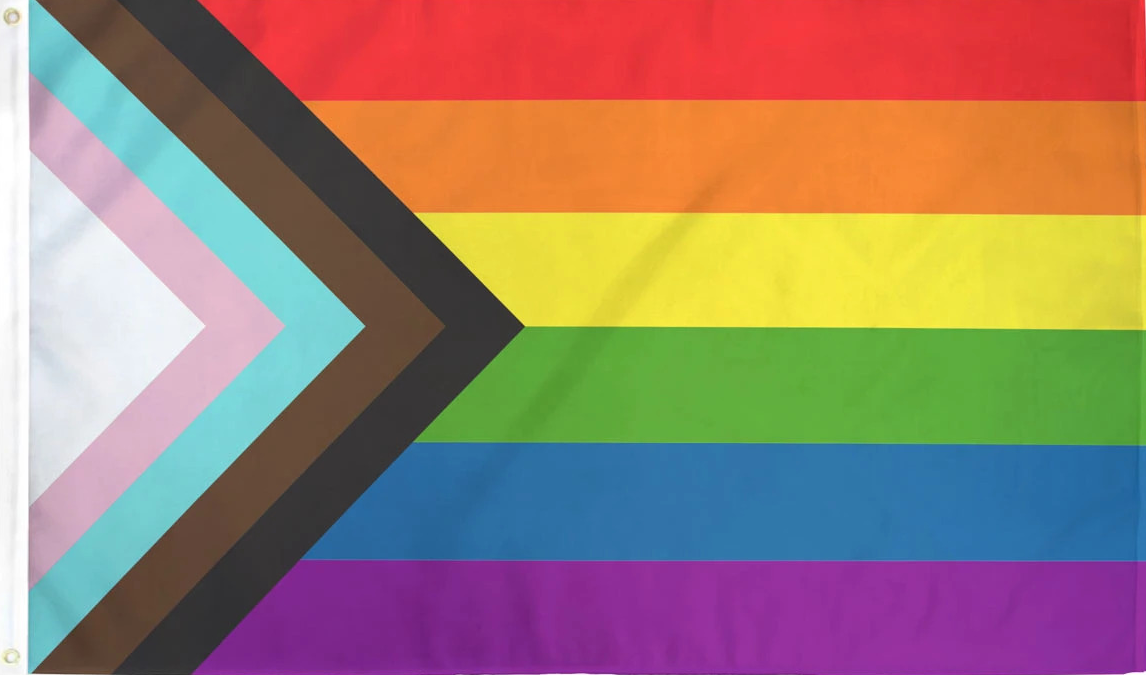Confronting Christian Nationalism
A guest sermon on February 12 and an eight-week study group on Tuesday mornings 10:30-12 from February 28-April 18 led by ORUCC member Rev. Dr. David Anderman will address the challenges of white christian nationalism*. The study group will be hybrid (in person and virtual on Zoom) in the Swan seminar room at ORUCC. The Racial Justice Mission Team has been discussing this issue for over a year and we think it is time to bring it to the congregation. We asked David to write a short statement about this issue for the ORUCC website.
What is white christian nationalism?
By Rev. Dr. David Anderman
A simple answer is that white christian nationalism* is a crazy quilt of threadbare pieces of worn-out doctrines and practices.
Here’s a dense answer, dense because the seemingly simple question is actually very complex:
Contemporary white christian nationalism in the United States is an attempt, in many ways successful, by certain political powers, predominantly on the right, to co-opt Christian symbols, doctrines, and institutions to increase their own political powers.
The ideology of white christian nationalism has already corrupted large segments of U.S. Christianity. In the areas of journalism, politics and political theory, and academia, a multitude of questions have been raised about white christian nationalism. But within the Christian church and within theology, the discussion has been more muted. As Christians, we need to raise our voices to address sisters and brothers, using the resources of faith, especially scripture and theology.
The crazy quilt of white christian nationalism uses familiar Christian ideas and symbols that have been re-worked into a picture we cannot, and will not, recognize as Christian. The quilt of white christian nationalism, at first glance, can offer an unchristian comfort for many who do not see the threadbare nature of the pieces of fabric used. A more robust quilt of Christian resources provides both deeper, more long-lasting comfort and challenges us to get out of bed and work for justice.
Faithfully answering and constructively responding to the challenges of white christian nationalism requires serious study of and reflection on the challenges and how we respond.
To begin the discussion at ORUCC, Rev. Julia has invited me to preach on Feb. 12. My sermon on white christian nationalism will raise questions for you. It will be meant to stimulate discussion.
And the Racial Justice Mission Team has asked me to lead a study of white christian nationalism. The study will be on Tuesday mornings 10-11:30 am during Lent, the traditional Christian season of self-examination and penitence, and continuing for two sessions after Easter, in the season of hope and new life (Feb. 28-April 18). After an introductory discussion, each of the next seven sessions will examine a piece of the quilt and consider a corresponding call to action for faithful Christians. The last session will be an overview of how we might faithfully respond as individual Christians and as part of the Christian community. Resources and readings will be provided for each week after the first.
I anticipate stimulating and challenging discussions. Please don’t be hesitant to participate because you aren’t sure about such a heavy theological topic. Theology is about finding meaning in life and faith. We begin with who we are and where we are. Whether you self-consciously realize it or not, you already do theology. The study is an opportunity for us to reflect and grow together as we consider deep values, faith, and living in a topsy-turvy world.
Rev. Julia has asked me to include some biographical tidbits for those of you who don’t know me very well yet. I have a doctorate from University of Chicago Divinity School. While a grad student I did three years of field work in a middle-class, black UCC congregation (that was their self-description) on the South Side of Chicago and then wrote my dissertation about that congregation. Seven years ago I retired after 40 years of parish ministry in a variety of UCC congregations. I also have experience teaching theology and religion, ethics, and philosophy at the college level.
* David says: “I refuse to capitalize “christian” in referring to white christian nationalism, because this ideology is not Christian.“




